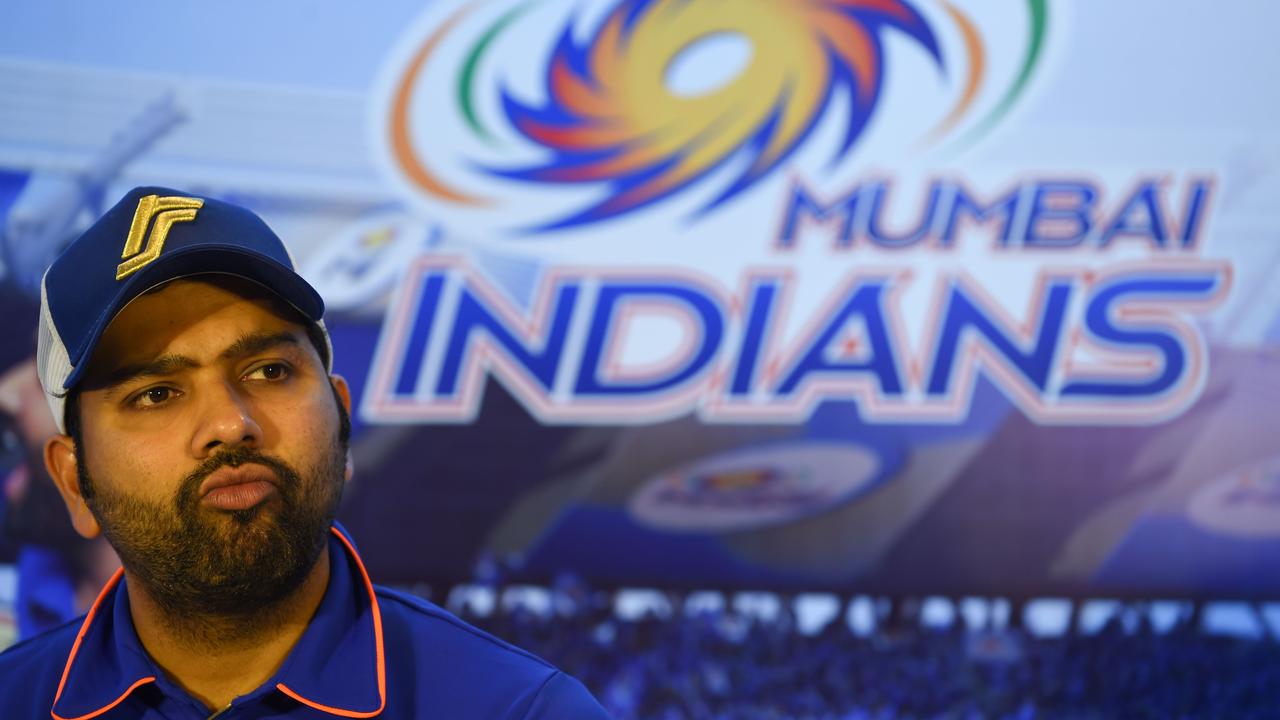Ashes: Joe Root has an empty hat and nothing up his sleeve
Having Chris Woakes stand in as a pace bowling all-rounder for Ben Stokes is like casting Hugh Grant as Hannibal Lecter.
Whenever representatives of England find themselves in adversity, one can expect parrot cries for Churchillian leadership. The trouble for its cricketers is that they’ve already had recourse to it.
England’s performance in the first Test recalls Earl Wavell’s observation that his inspirational prime minister was always expecting you to pull rabbits from empty hats. Joe Root did his best in Brisbane, and exhibited considerable personal grit. But circumstances have him waving a rather hollow topper. Nor is there much up his sleeve.
Chris Woakes is a plucky cricketer, mainly in English conditions. Yet having him stand in as a pace bowling allrounder for Ben Stokes is like casting Hugh Grant as Hannibal Lecter.
Through England’s grim Saturday, when his team’s condition deteriorated from queasy to gangrenous, Root must have wished for nothing more than an intervention by his team’s number one matchwinner and scapegrace.
One of Stokes’ most valuable attributes with the ball is his versatility: he can swing it, angle it, bang it in, dry it up. In the field, he exudes a presence both uplifting and intimidating.
At the Gabba, Root was stuck with much the same and then more. He was alleged to enjoy the advantage of a fifth bowler, but Woakes and an underdone Jake Ball did not in the end total a single Patrick Cummins.
The strength in batting depth that England exhibited in their home summer, meanwhile, with Moeen Ali and Jonny Bairstow augmenting Stokes, was missing.
Moeen at six is not Moeen at eight; Bairstow was not his jack-in-the-box self.
Late on the fourth day, it emerged that there may have been off-field reasons for this.
These may well have been “blown out of all proportion”, as Bairstow says. But the proportion is inevitably distorted by it involving a cricketer already cautioned, after that night in Bristol, about his rackety nocturnal tendencies.
That has thrown his own camp into needless confusion. Nobody associated with the England Cricket Board at yesterday’s increasingly bizarre press conferences was at all sure what had happened except that nothing really had: one half-expected to hear the headbutt explained as a traditional Yorkshire greeting.
Whatever the case, there are grounds for considering Bairstow to have been reckless at least. Certainly, England can hardly afford another cricketer on the sidelines. Hamlet without the prince is bad enough; one would not wish it to proceed without Horatio and/or Fortinbras too.
All such developments go to relative confidence, and this was already in Australia’s favour, with the abiding edge of their own conditions, crowds, meteorology, media, and in Brisbane so many powerful precedents.
The hosts’ record at the Gabba is so rich and consistent as to constitute its own genre.
This match in some degree re-ran the first Test 27 years ago, where three tightly-bunched innings climaxed with Australia streaking away by 10 wickets.
Stuart Broad’s belief in England’s “perfect” position after day three was a quote of built-in obsolescence. Saying “For three days we played excellent cricket,” as Root did yesterday, was as meaningless as a footballer patting themselves on the back for a well-organised corner.
Especially concerning for England is that as much went right for them as they could conceivably have expected, considering their gentle jog of preparation and indifferent results on tour.
The toss went their way; the weather was kind; the pitch was two-paced, and quickened only gradually.
The plans were thoughtful; the fielding was committed; the catching was spotless. Broad played above his recent form; James Anderson mostly maintained his. Above all, perhaps, given past experience, nobody was injured.
In these respects, then, Australia verifiably won the Test rather than England losing it, and suggested some resourcefulness in doing so.
There was no scope for the Bodyline melodramatically envisioned by Brisbane’s Courier-Mail. On the contrary.
They encountered a surface at the Gabba taking as much spin early as anyone could remember. Fortunately they had the bowler of the match, Nathan Lyon, capable of taking advantage.
They were, at times, kept waiting for wickets.
Fortunately, they had the fielder of the match, also Lyon, capable of a crucial intervention against the run of play.
Steve Smith we knew about. It was as though England had budgeted for his hundred — they wished merely to put it off as long as possible.
Lyon was a different matter. His excellent year had been spent largely overseas, on dusty wickets in hot countries during home football seasons.
Australians awaited the evidence of their own eyes, and got it, both in the torque of his spin and the tourniquet of his control.
They heard it with their own ears too, Lyon leading into the game with some cheeky provocations, which he was given no reason to repent. His confidence is gradually aligning with his record. This is also the kind of confidence a team can nourish when it understands its rivals to be at a clear handicap.
We will tire of saying it this summer, but it will be no less true for all that: Ashes Tests have not been so influenced by a cricketer’s absence since Glenn McGrath tripped over his feet at Edgbaston in 2005 — which at least was an accident, far removed from tripping over one’s fists.
And so long as Stokes’ bowling remains confined to social media, one fears that Root will be offering his blood, toil, tears and sweat without great cause for optimism.


